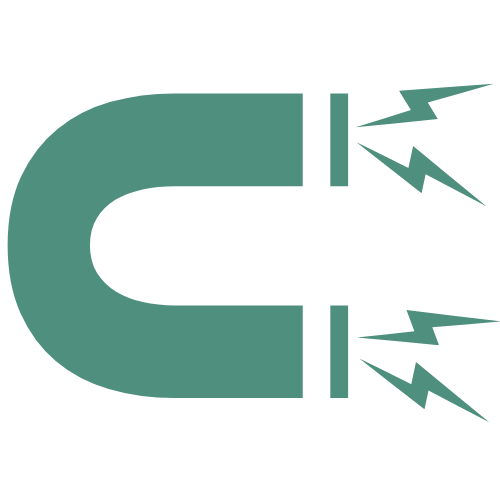If two candidates of equal merit interview for the same position, which one will most likely receive the job offer? The one who interviews better, of course.
When I ask clients how they plan to prepare for their job interview, I often hear, “I’ll just be myself.” This could be either noble or naïve: noble, in that they want to be considered on their own merits, or naive in that they don’t know how to prepare. Or perhaps they are both noble and naïve to assume that an interview is a time to be oneself.
The only time you should be yourself for an interview is if yourself happens to be an excellent interviewee. For the rest of us, we must approach an interview as if we are acting in a performance, playing the part of the Ideal Job Candidate.
How do you prepare for your role as the Ideal Candidate?
Don’t fabricate a single thing. Don’t change your personality. Do spotlight your specific characteristics that present you as the perfect candidate for the job.
Actors bring themselves to their roles and you absolutely should, too. You’ll want to be completely honest, but approach your lines and body language as an actor does, through research and by adapting your performance to your audience.
Research. Actors often learn new skills, adapt themselves, and become knowledgeable in the circumstances surrounding their character. To prepare for your interview, immerse yourself in your role. Study every resource you can find about the position, the people, the company, and the industry.
- Skills. Joaquin Phoenix learned the guitar to play Johnny Cash. Hillary Swank gained 19 pounds of muscle for Million Dollar Baby. Tom Cruise played pool, drove race cars, mixed drinks, and jumped on a yellow sofa to prepare for some of his roles. (Well, you know what I mean.)
Actors have loads of other skills which might not apply to each role, and like them, you want to highlight only the skills most appropriate to each job—you don’t need a comprehensive list of every task you’ve ever completed.
- Culture. How many accents has Meryl Streep mastered for her acting roles? Learn the language and how it is spoken in your target company. Dress the part and build an interview outfit that is one degree more formal than the company’s dress code. Most importantly, know what is important to the company—what are the challenges, goals, atmosphere, relationships, the elements that combine to create a company culture?
Craft Your Character. By the time you’re invited to an interview, the Hiring Managers have an idea that you are qualified for the position. The interview is an opportunity to determine whose skills and personality are the best fit with the company. As you prepare yourself for the interview, craft your language and behavior to spotlight those traits that most suit the Ideal Candidate for this particular position.
Write A Script. Prepare answers in advance to questions you expect to be asked. This helps you think from the perspective of the Hiring Manager—what questions would you ask and what answers would most meet your needs if you were in their position? When you are asked to “Tell me about yourself,” your answer should be in character, relating the back-story, traits, and experience that specifically suit this particular audience. The script you prepare should include your talking points (the main themes you want to get across, no matter what). Be prepared to use these for a variety of possible questions, or cues.
Choreograph Your Stage Presence. Assume a calm, professional posture. Don’t lean back or get too comfortable. Play the part of an alert, confident, competent candidate while listening carefully.
Rehearse Your Lines. Practice aloud your answers to the most common interview questions and any others you expect. Practicing in your head doesn’t work—you might think you’re prepared only to find out at the interview that your thoughts are incomplete or unpolished. When you feel prepared for any circumstance, hold a dress rehearsal. Ask someone to play the Hiring Manager, don your costume, and go through an entire mock interview. This will give you the opportunity to be sure your outfit works and to make changes to your script and body language if you find you aren’t ready for “Action!”
Hire a Director. It is a rare and talented actor who also directs. If your interviews aren’t earning job offers, consider hiring an interview coach to direct your efforts. A good director can tap your talents to create an award winning performance. What is the award? A job offer!
Through your research, you should develop an understanding of your audience and what they are looking for in an Ideal Candidate. Learn which aspects of your personality, your education, and your experience will best meet the employer’s needs. When you act the part of Ideal Candidate your next role might very well be a paying gig: Hired!
Break a leg!

